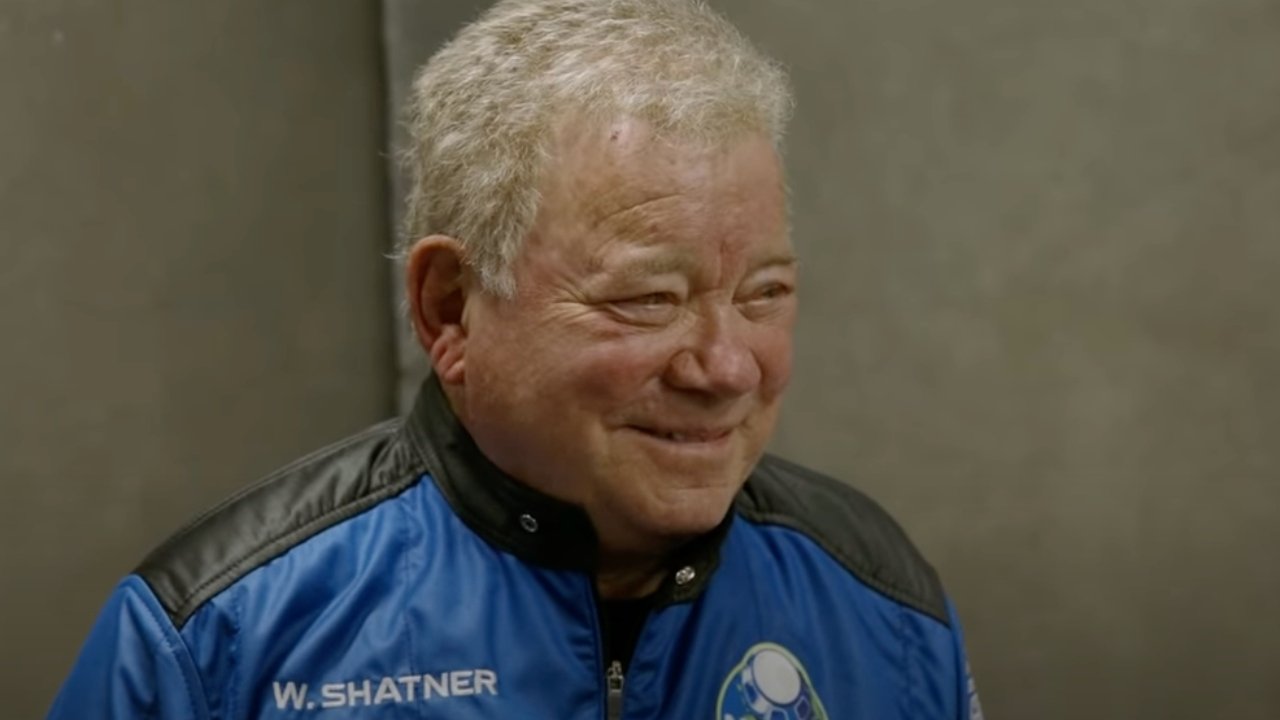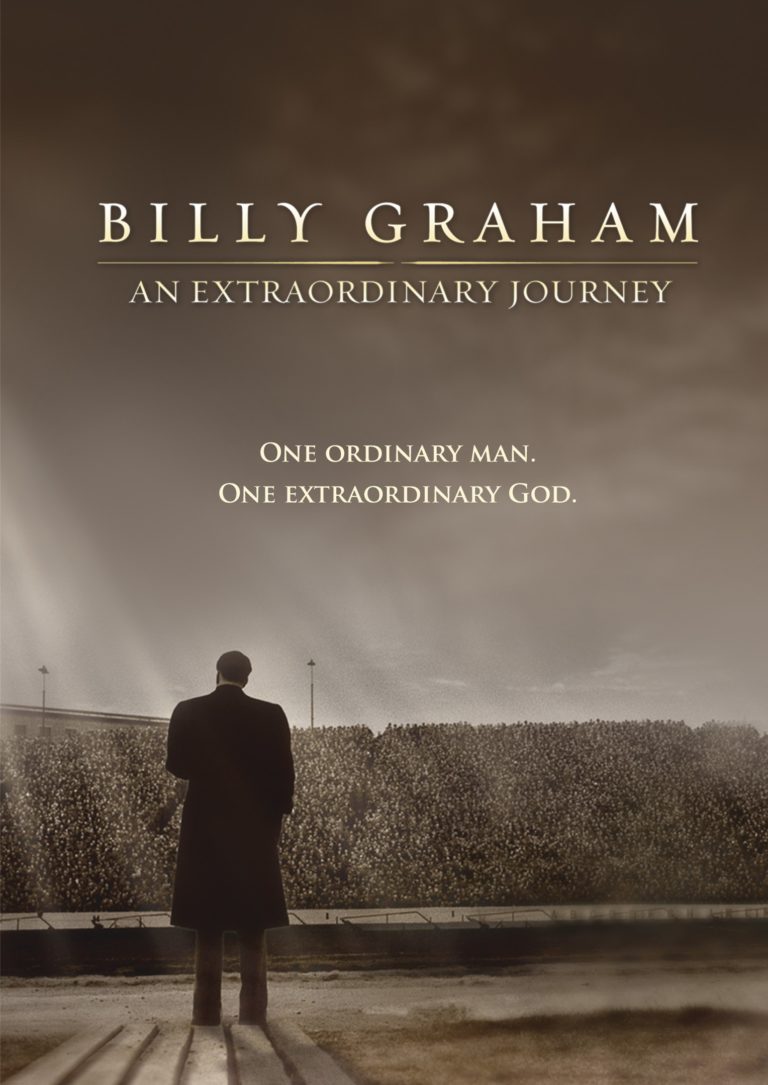
SHATNER IN SPACE Inspires Contemplation for the Origins of Creation
By Movieguide® Contributor
SHATNER IN SPACE is a 45-minute documentary about spaceflight and is available to stream on Prime Video. It documents the October 13, 2021, spaceflight of William Shatner, the actor who first played Captain Kirk on STAR TREK.
Jeff Bezos, the founder of suborbital tourism spaceflight company Blue Origin and a childhood fan of STAR TREK, befriends Shatner and invites him to go to space. Shatner and his family doubts it is safe. Shatner and his co-passengers deal with delays and some tension around the fear of the unknown as they ready for the flight. When it finally comes time to launch, what will Shatner experience?
This documentary chronicles the journey to outer space, what Shatner thinks about spaceflight, and how his journey to space became meaningful and impactful to him. Shatner is an articulate actor with profound thoughts, and his philosophical reflections along the way provide a hearty chunk of the documentary’s entertainment value.
SHATNER IN SPACE generally holds a humanist, often secular humanist, worldview. This documentary also carries that spirit. It focuses on human achievements and emphasizes the human and progressing in achievements in this life. Yet while secular humanism is prominent, the story stays somewhat open to the need for spiritual experience as the characters reference the awe of creation.
Shatner reaches out to find goodness in the natural world and even speculates about death having beauty. Humans want to meet the spiritual, and SHATNER IN SPACE shows his encounter with the fragility of life that inspires contemplation of creation’s order and wonder. This is apparent in the documentary, and other positive themes of wonder, family, friendship, hope, and humility flavor the telling of this tale as well.
Other worldview elements include a reference to pantheism and the universe warning of fate, though this is implicitly proven wrong by the end. There is a Buddha statue on the side at a house. Jeff Bezos and another person say “Godspeed” three different times, and a comic con visitor says, “God bless.” Bezos and Shatner mention environmentalism, and it seems to be the kind that strives for good stewardship and does not stifle other important areas of life.
Most of the incidents of negative content consist of language. There are around 20 profanities and one bleeped-out word. God’s name is often used as an expression of amazement. There are around 15 of these expressions; characters speak many of them at the climactic moment, making it off-putting and unpleasant to watch.
Other content to be aware of includes a clip from STAR TREK when Captain Kirk kisses a woman. A man and a woman kiss goodbye pre-launch and again when they reunite. Shatner and the other co-passengers have a few drinks at a fine venue when they all meet before the launch.
The documentary is polished in its production quality and storytelling. As the 90-year-old Shatner thinks about taking his suborbital flight, his often powerful philosophical reflections contribute greatly to the story. Stunning cinematography, the natural and entrepreneurial beauty showcased in the filming locations, and good interviews and b-roll also provide for a quality
piece of entertainment. This feature is a powerful experience that captures some satisfactory part of the glory of space and humanity’s path within it.
SHATNER IN SPACE provides good entertainment value by competently showcasing an experience of wonder, but the 45-minute documentary is marred by profanities which disrupt parts of the viewing experience. Movieguide® advises discretion for teenagers and adults.



 - Content:
- Content: 

